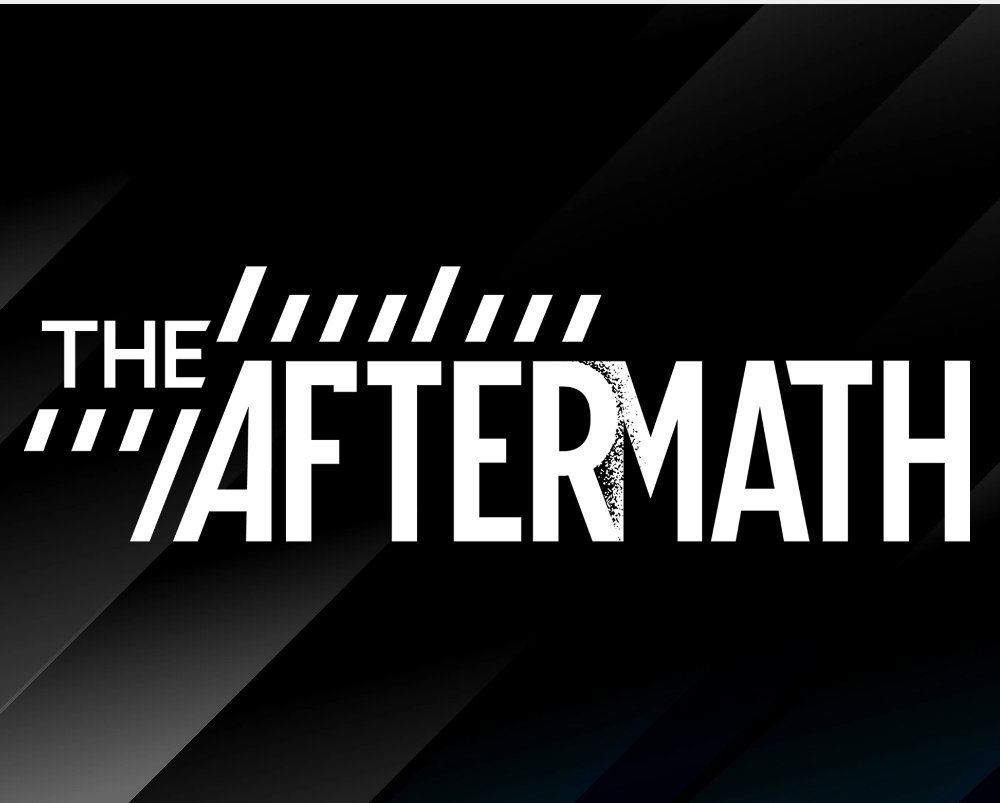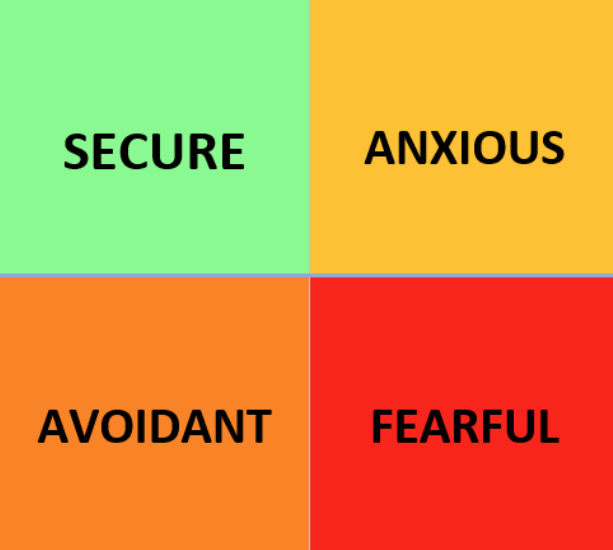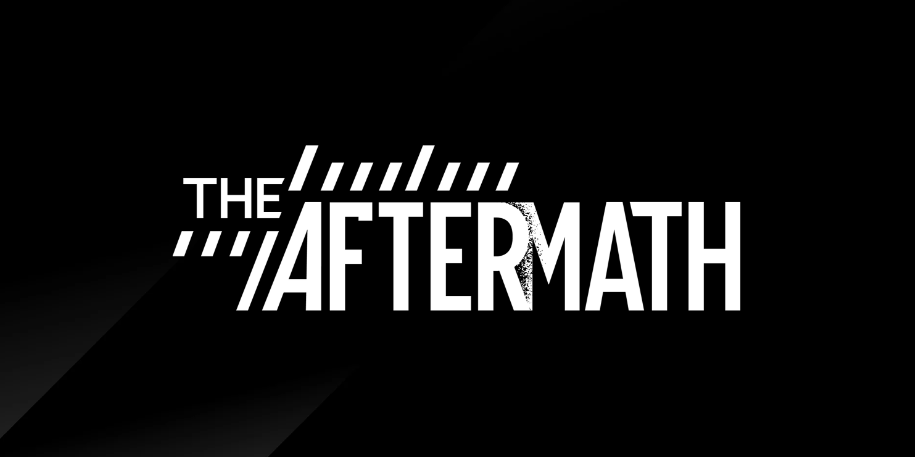Title: The Aftermath
Episode One Liner: In this episode Queens College senior Carlos Montoya discusses the aftermath the pandemic and it’s affect on Queens College’s students.
One Liner for the series: QC senior investigates how the pandemic affected Queens College students in the year after the college reopened.
More info: I’m interested in investigating how the pandemic has affected students and staff at Queens College. To do so, I’m going to interview a counselor for the Queens College counseling center to learn more the trends in how students seek counseling at the college.
Questions:
How many years have you been a counselor at Queens College?
How many students do you see on a daily basis?
How many students did you see after the college reopened.
(If the number of students seeking counselor increased, what do you think led to an increase in the students seeking services?)
How did counseling services operate during the pandemic?
Were students seeking counseling during the pandemic?
How did Queens College response to meeting student needs after the pandemic?
What services should students know about that are available to them now if anyone needs support?
How did CUNY respond to the pandemic?
How can students feel less apprehensive about seeking counseling services?
Why do you think some students are apprehensive about seeking mental health services?




